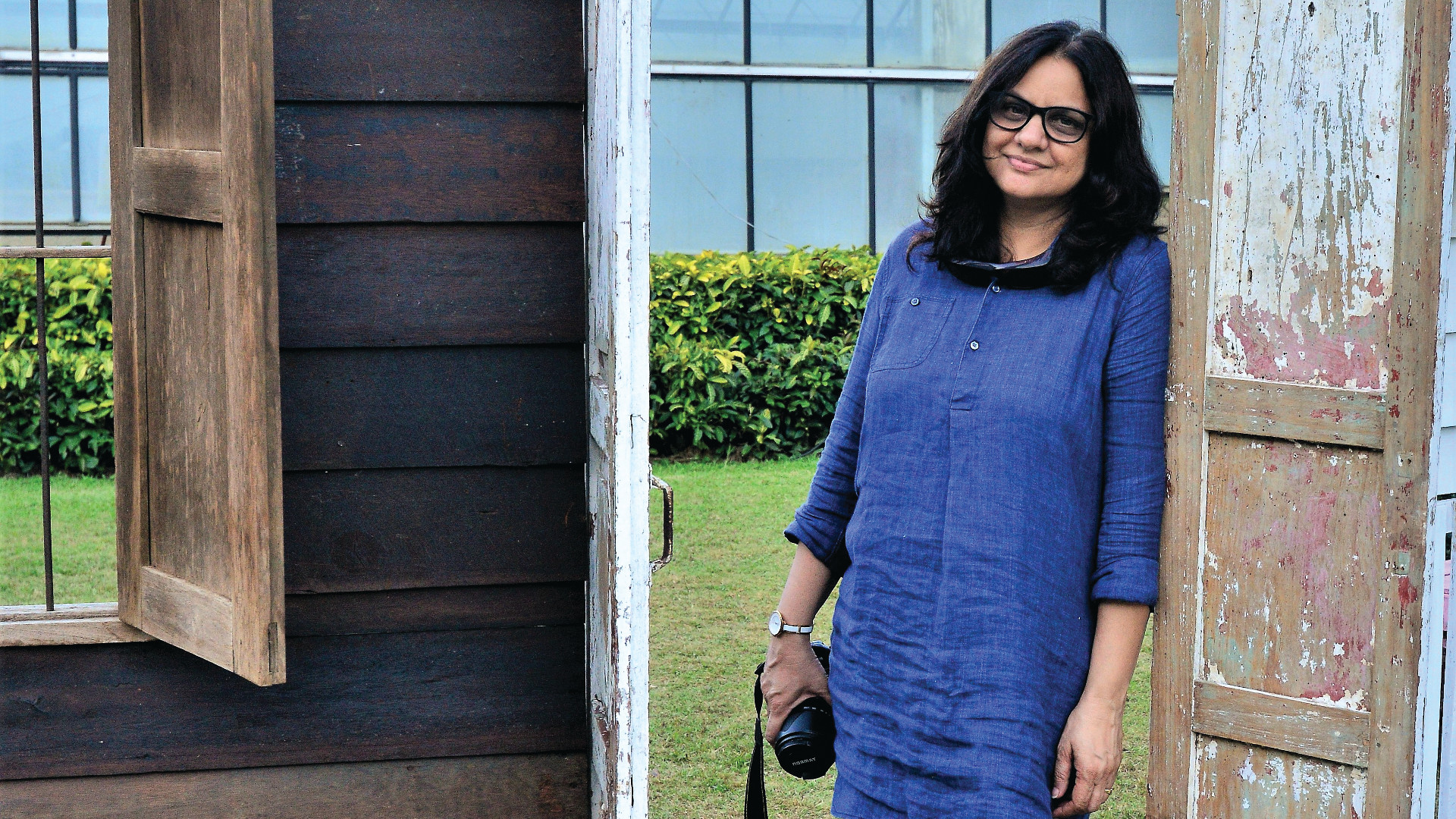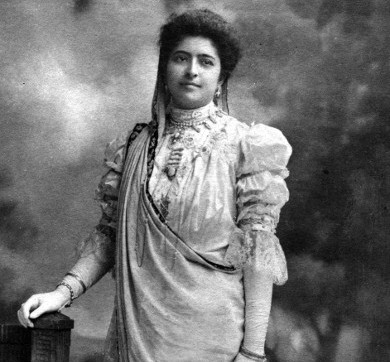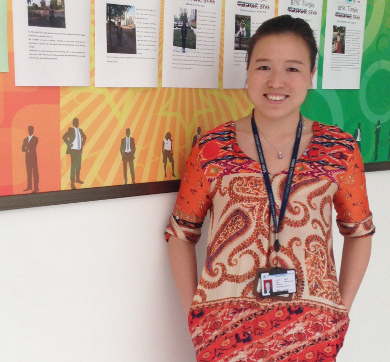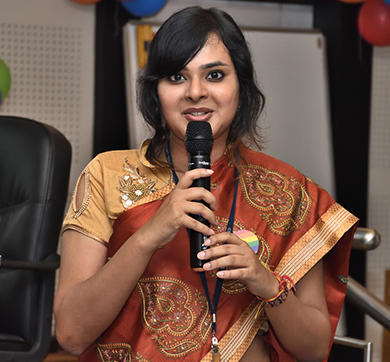March 2018 | 522 words | 2-minute read
Tata Chemicals works closely with the communities to promote sharing and equitable development. Our CSR agenda is four-fold, focusing on empowerment, inclusion — especially of women and the socially backward communities, technology and innovation, and volunteering.
Our operational model consists of three-tiers of intervention. At the first level, we work towards the integrated development of the communities that exist in and around Tata Chemicals’ locations. At the next level we engage in activities that are linked to the business or the Tata group, namely skill development, holistic nutrition and clean drinking water. The third tier consists of setting up centres of excellence with the requisite knowledge we possess, for example — coastal and marine conservation.
Women's Empowerment
Women's empowerment is a cause close to our heart and is evident from most of our work. From setting up women self-help groups, to promoting the inclusion of women in all development activities, to promoting a women’s federation for resolving social issues, and establishing the Okhai Centre for Empowerment run by women artisans.
At Okhai, we provide sustainable livelihood to 900 rural women artisans by applying their traditional handicraft making skills to create marketable products. Okhai equips these women with contemporary design inputs, capacity building and linkages to local, national and international markets. Okhai’s vision is to scale up and become a contemporary apparel and home décor handicraft brand by onboarding more artisans resulting in the empowerment of one hundred thousand happy hands.
Public-Private Partnership
The CSR mandate has been a positive move, with more organisations committing to CSR and more funds being mobilised. However, since the CSR rule limits the areas in which funds can be spent, there is a possibility that some social causes that require necessary intervention could face neglect. Another challenge would be for certain organisations getting stuck between need and the mandate, especially those that may not be so familiar with the fundamental principles of CSR.
I believe that no development can take place without the inclusion of all stakeholders. TCSRD, which is the social arm of Tata Chemicals, bears testimony to this. The Integrated Watershed Development Programme, WASMO and the Interpretation Centre at the Khijadiya Bird Sanctuary are examples of successful partnerships between TCSRD and the government.
Future View
CSR in the future would have to be more aligned to business strategy. More focus would be required on making development interventions sustainable and perhaps creating more social enterprises such as Tata Chemicals’ Okhai. I see a trend in corporates collaborating on projects to create greater social impact.
The Journey
I studied architecture and then moved into CSR. The shift was gradual, driven by a combination of interest and exposure. Volunteering played a big role along with the introduction to allied fields existent in architectural studies, such as development linked to regional and urban planning, environment conservation, understanding of climate and built environment and a study of people and behaviour.
Working in CSR requires a person to be extremely committed towards development work, along with being sensitive towards both social and environmental concerns. Development is long-term and all programmes and efforts should be focused on sustainable benefits as compared to short-term giving.
—Farah Dada













